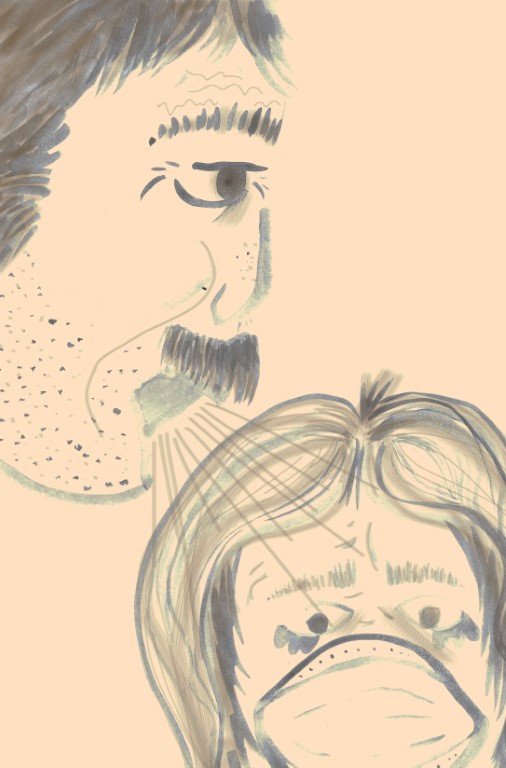
Taking a look back on Felicia Day’s life-changing memoir
By Brittney MacDonald, Life & Style Editor
In September of 2015 I wrote an article recounting my initial experience reading Felicia Day’s memoir You’re Never Weird on the Internet (Almost). Seeing as Day will be one of the many celebrity guests attending Vancouver’s Fan Expo 2018 this October, I thought it prudent to revisit the novel and pass on some of my experiences post-preliminary review.
I‘ll preface this by saying I read a lot—like a lot, a lot. Out of the many books of the many varying genres I have stumbled across, I can count on one hand the number that have affected me in any sort of life-changing way. This book is among those very few.
If you haven’t read this book—which I highly suggest you do—among the many hilarious pages, it also details Day’s struggles with anxiety, listlessness, depression, perfectionism, success, and being socially awkward. Essentially, for me, it affirmed my belief that although we have differing experiences, none of us are ever really alone. However, after I read it—and after I wrote the initial article in 2015—my mother was interested in reading it, so I lent it to her.
I will keep the backstory to a minimum, since it’s rather uninteresting. My mother and I didn’t have the best relationship growing up. The majority of my pre-teen and teenage years were spent at constant odds with her. This was mostly due to both of us being in denial about our own mental issues. My mother and I both suffer from anxiety and depression, but at the time neither of us would admit it. Eventually, as I got older, we both got help and we were able to actually formulate a deep, meaningful, and understanding relationship. However, we never really revisited what had gone on in those bad years.
After reading You’re Never Weird on the Internet (Almost), I found myself able to relate to Day and her struggles growing up. It wasn’t until my mom and I sat down to discuss the book that I realized that her experience with the novel was vastly different. She began by saying that she found the book incredibly hard to read because in reading Day’s memoir she finally started to understand what all those years had been like for someone like me—and it hurt to realize that it hadn’t been clear enough earlier. She knew now that anxiety and depression didn’t vanish despite the constant companionship that the internet provided (as she presumed it had), but instead adapted and evolved to being just as isolating as the conditions always had been. That the “teenage laziness” she so often accused me of was actually sometimes paralysis in the face of rejection or not obtaining perfection.
These were struggles that my mother was all too familiar with—she just needed someone to translate them for her, so she could recognize their more modern iterations. Fortunately, this book did that. It started a conversation that allowed us to forgive each other for our misunderstandings, and helped to bridge a long-standing rift in our relationship.
Looking back, that is probably the thing I am most thankful for.


